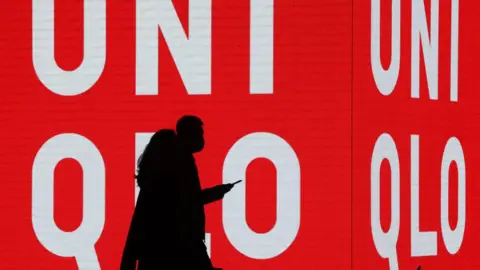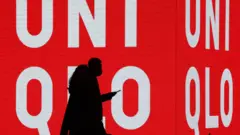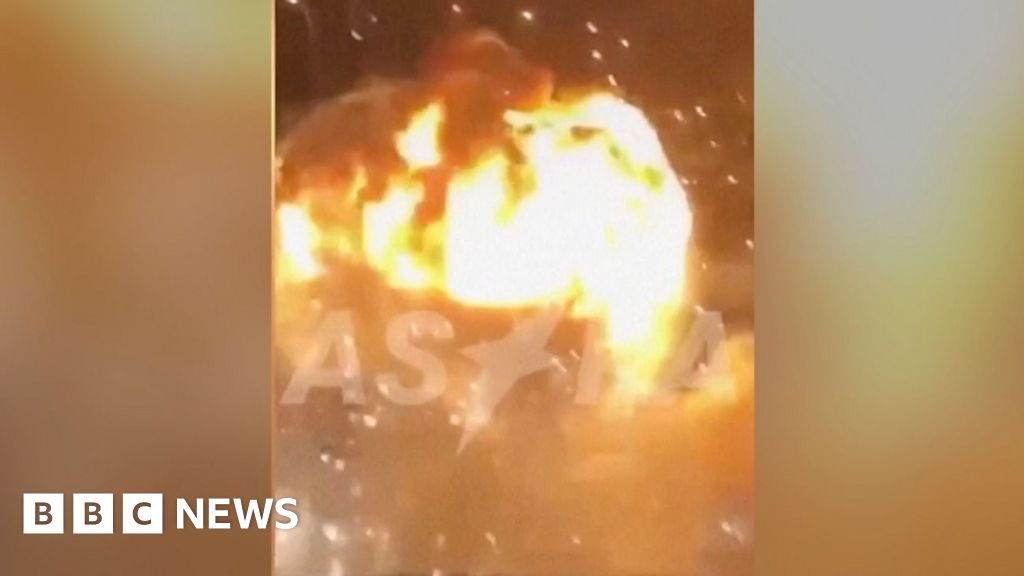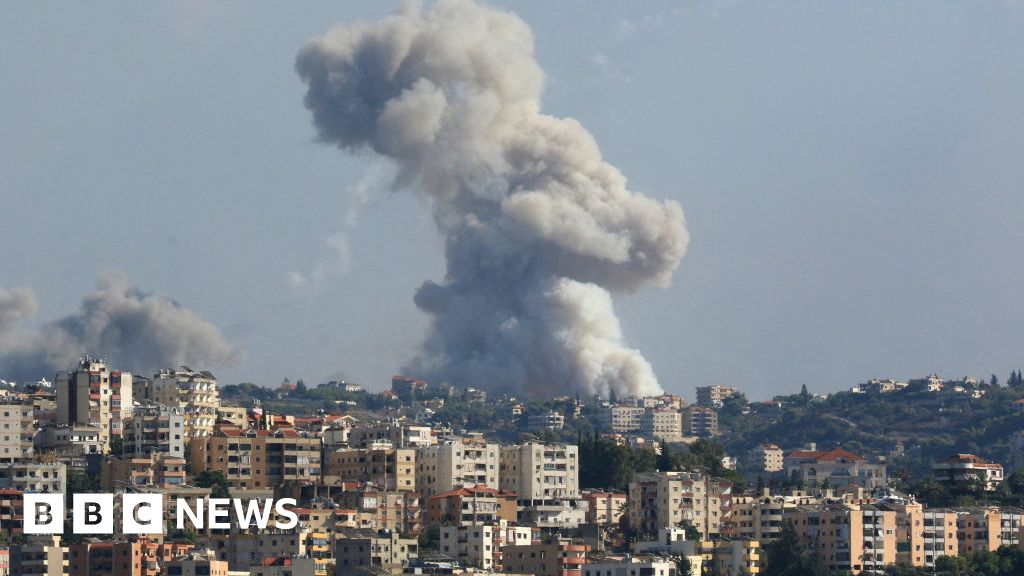 Getty Images
Getty ImagesUniqlo is facing an online backlash in China after the boss of its parent company said the Japanese clothing retailer does not source cotton from Xinjiang.
Fast Retailing’s chief executive Tadashi Yanai said Uniqlo was “not using” cotton from the western Chinese province in a BBC interview broadcast this week.
Commentators in China picked up on the comment and urged a boycott of the retailer.
Cotton from Xinjiang is controversial because China has been accused of using forced labour by people from the Muslim Uyghur minority in its production. Beijing has consistently denied these allegations.
Following the BBC report, commentators took to social media platform Weibo calling for a boycott of Uniqlo.
Millions of people read posts with hashtags related to the topic: “Controversy over Uniqlo founder’s remarks”.
Related trending hashtags included: “Xinjiang cotton is the best in the world”, “I support Xinjiang cotton”, and “Uniqlo’s results in China sees a slump”.
One user wrote: “With this kind of attitude from Uniqlo, and their founder being so arrogant, they’re probably betting that mainland consumers will forget about it in a few days and continue to buy. So, can we stand firm this time?”
The online reaction came after Mr Yanai told the BBC: “We’re not using [cotton from Xinjiang].”
“By mentioning which cotton we’re using…” he continued, before pausing and ending his answer with: “Actually, it gets too political if I say anymore so let’s stop here”.
In June 2022, firms started to have to prove that imports into the US are not produced using forced labour.
Sweden’s H&M saw its clothing pulled from major e-commerce stores in China after it refused to source cotton from Xinjiang.
Many global brands such as Nike, Burberry, Esprit and Adidas were boycotted after getting caught up in the controversy.
Part of the reason Uniqlo avoided the controversy was because Mr Yanai declined to take a stance at the time.
Western firms continue to get embroiled in the controversial topic.
In September, China’s commerce ministry launched an investigation into the parent company of Calvin Klein and Tommy Hilfiger, PVH, saying it was suspected of “unjustly boycotting” Xinjiang cotton and other products “without factual basis”.
PVH has said it will respond in accordance with relevant regulations, according to media reports.




